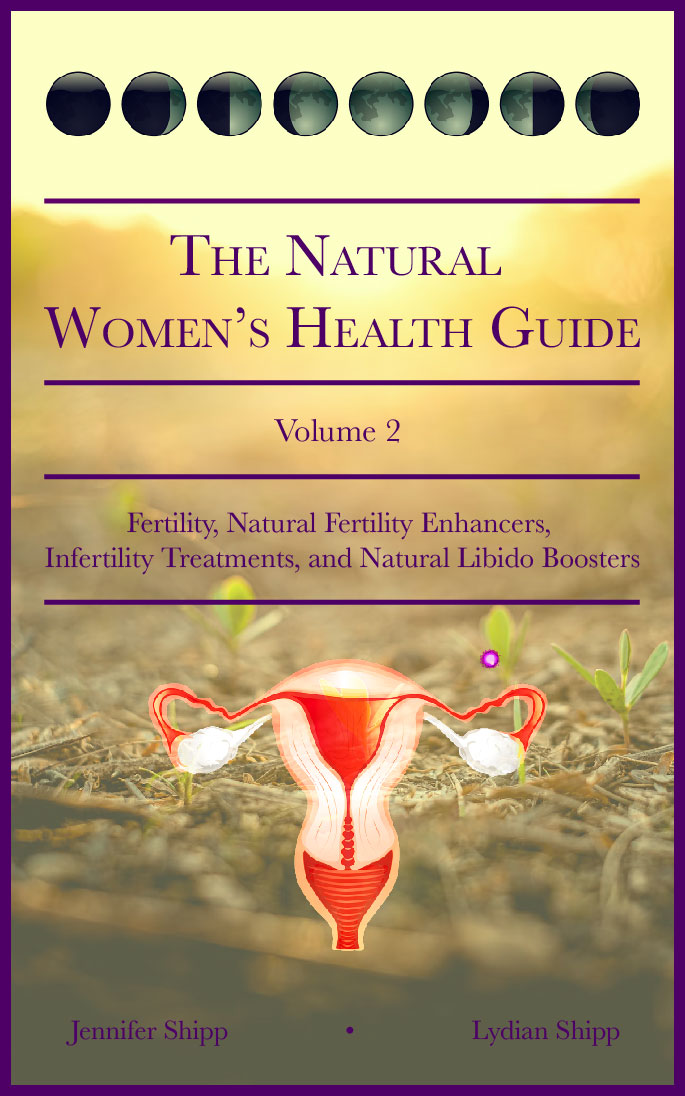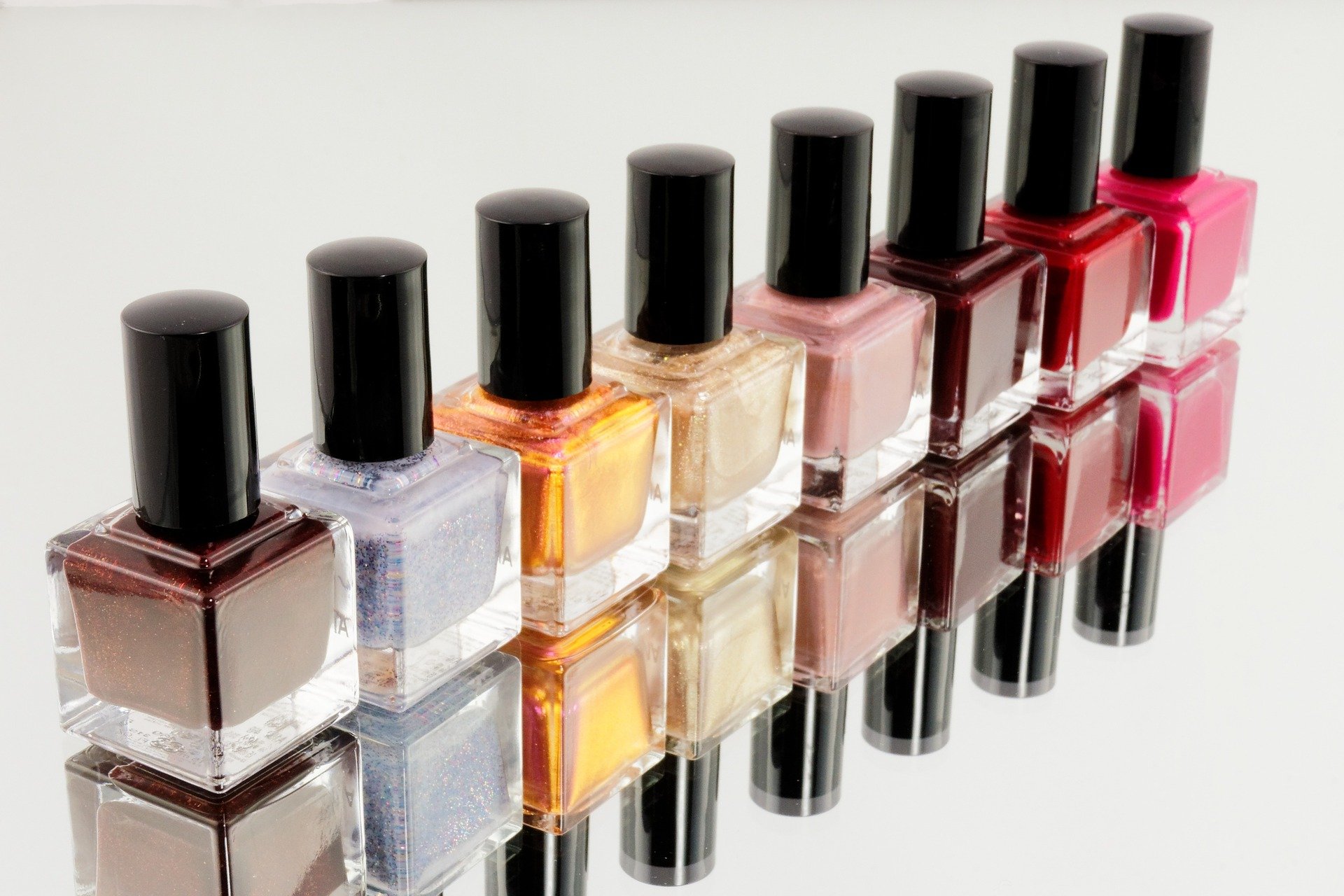How Environmental Toxins and Cosmetic Chemicals Cause PCOS
Hormone disruptors, sometimes referred to as endocrine disruptors, are substances that interfere with the body’s natural production and usage of various hormones, including hormones like estrogen, testosterone, insulin, thyroid hormone, progesterone, and others. Interference with the endocrine system (the system of the body that manages hormones) can lead to disorders such as PCOS. Removing hormone disruptors from your environment as much as possible is an essential part of treatment for many women with PCOS.There are three primary ways that hormone disruptors work:
- They enter the body and behave similarly to a natural hormone, and then even latch onto a hormone receptor in the body. Because the hormone disruptor is not a real, natural hormone, it may give off signals that are stronger than normal or otherwise irregular.
- The hormone disruptor binds to a receptor and doesn’t cause any actions in the body. It simply blocks the real, natural hormones from being able to bind to the receptors, meaning that no signal happens at all.
- The disruptors somehow interfere with the way that the natural hormones are initially produced or carried through the body to their respective receptors. This isn’t as common and only occurs when especially high quantities of a disruptor is present.
Hormones are essential for sending messages through your entire body and for directing different organs or muscles on what to do and when. Without hormones, all of the natural rhythms of your body (both semi-voluntary and involuntary) would fall into chaos. In PCOS, hormonal imbalance is a root cause of most of the symptoms that women experience, so eliminating potential agents that may interfere with normal, healthy hormonal function can make an important difference.
Women are most likely to be exposed to high quantities of hormone disruptors in the form of certain ingredients in cosmetic products and cleaners, including parabens, phthalates, glycol ethers, fragrances (unless the producer has listed specific essential oils), cyclosiloxanes, and BPA, an ingredient found in some plastic containers.
Switching to personal care products that use only natural ingredients is a step in the right direction (and sometimes the only necessary step) for eliminating hormone disruptors from your environment. The EWG Skin Deep database is a good source of information on the safety of different cosmetic products available. In terms of cleaners, stick to natural, homemade cleaners with vinegar and baking soda (for example) or carefully read the ingredient labels on more natural cleaners to find some without fragrance or other toxic, chemical ingredients. Women have significantly more exposure to hormone disruptors than men do, so it’s important for women in particular to read labels on even cosmetics and cleaners carefully in order to avoid unwanted chemicals (although men, too, can benefit from removing products with endocrine disrupting ingredients).
Most chemical pesticides are also classified as hormone disruptors. For this reason, some women with PCOS choose to switch to organic foods as much as possible in order to further eliminate the hormone disruptors. Some people may not be able to afford this switch, but a change in diet to simply eating home cooked, nutrient rich meals with lots of fresh ingredients is a good enough change in case you’re not able to eat entirely organic. Eliminate all canned or packaged/frozen food from your diet since the packaging itself (if not the food inside) often contains endocrine disruptors or other undesirable chemicals.
Synthetic contraceptives are hormone disruptors and if possible, should be eliminated as soon as possible for women who are treating PCOS. There are other natural (yet highly reliable) contraceptive methods that not only treat PCOS directly but also will not cause hormonal imbalances. In fact, most of these natural contraceptives can actually help maintain and restore hormonal balance, and they’re safe for long term use. Specifically, consider neem and mucuna (or a combination of the two) as natural contraceptive options.
 The Natural Women's Health Guide, Volume 2 - Fertility, Natural Fertility Enhancers, Infertility Treatments, and Natural Libido Boosters - BUY HERE!
The Natural Women's Health Guide, Volume 2 - Fertility, Natural Fertility Enhancers, Infertility Treatments, and Natural Libido Boosters - BUY HERE!
 Related Posts:
Related Posts:
Resources:

 Nail polish (of all kinds) contains many highly toxic ingredients that can be classified as endocrine disruptors.
Nail polish (of all kinds) contains many highly toxic ingredients that can be classified as endocrine disruptors.






















